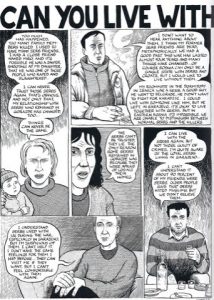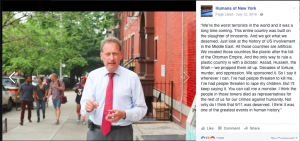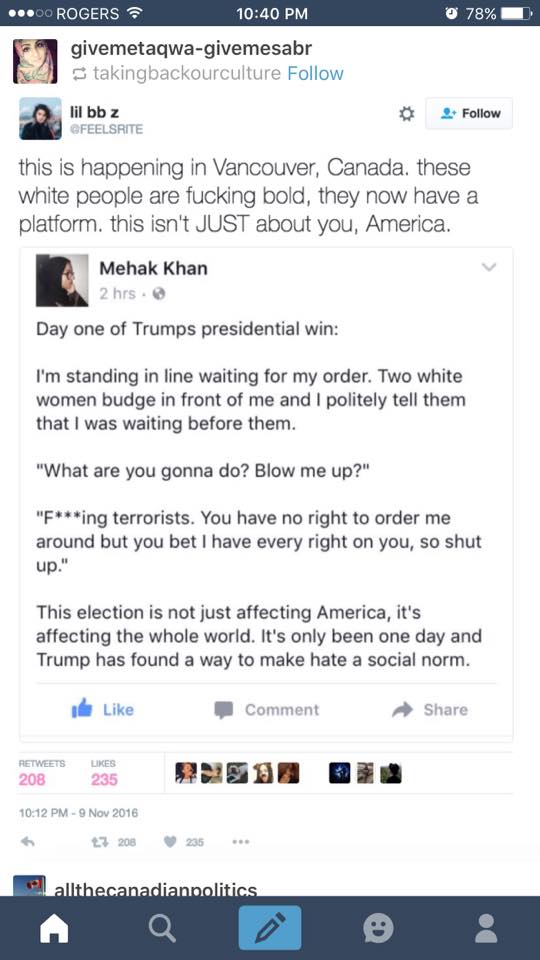This week in our ASTU class we started watching the Oscar nominated picture American Sniper directed by Clint Eastwood; the movie follows the real-life story of American SEAL Chris Kyle and his experience in Iraq. I have never seen the movie before, and I’ll be honest, I’m not entirely sure how I feel about it yet. On the one hand, I feel that it is important to recognize the sacrifice many soldiers make to fight for their country and this movie serves as a representation for them and their stories. On the other, I feel as though American Sniper disregards the politics of the US invasion in the Middle East by ignoring the “other side of the story”.
Sniper represents the trauma and hardships many soldiers who have gone into combat have had to deal with. While many have criticized the movie for glorifying a sniper – who is often called a coward for hiding in the shadows rather than being at the fore front – I feel that it is important to acknowledge that the things they did and what they went through can cause the same emotional and mental trauma as any other soldier. Even if I don’t condone war, I understand that these men and women fought to protect their country and their losses should not be disregarded because of that.
My issue with American Sniper is that the film really only tells one side of the story. It blatantly ignores the politics of 9/11 and the US invasion of Iraq. I remembered hearing on Entertainment Tonight of critics praising the film for focusing on the individual rather than the politics of it all. Which seemed really odd to me, because how can you tell a story of mass-bloodshed without it being political? After watching the first hour, I started to understand what they were referring to. Especially when one moment you’re watching Kyle and his wife reaction to the horrifying footage of the 9/11 attacks, then the next Kyle is being deployed to Iraq. There’s absolutely no reference to the politics behind it, simply that it happened, and now they were off to fight the “enemies”. The lack of the political aspect contributes to creating America’s blanket narrative. They completely disregard the other side of the story and only focus on that of Chris Kyle, who is painted as a war hero. I was rather uncomfortable with a lot of the scenes where militants were invading people’s homes and shoving them to the ground while they point guns at their heads.
American Sniper plays a huge role into the topic of “us versus them”. I found that it really villainizes Middle Easterns, which has fueled the divide between the two nations for a long time now. It is through movies like these that promote xenophobia and islamophobia. They tell you who the villains are, and encourage us to demonize them. While I haven’t finished the movie yet, I feel that Eastwood’s transformation of the Iraq war into an almost PG rated production could have better reflected the politics of the war rather than glorifying a single individual and his troubles.



